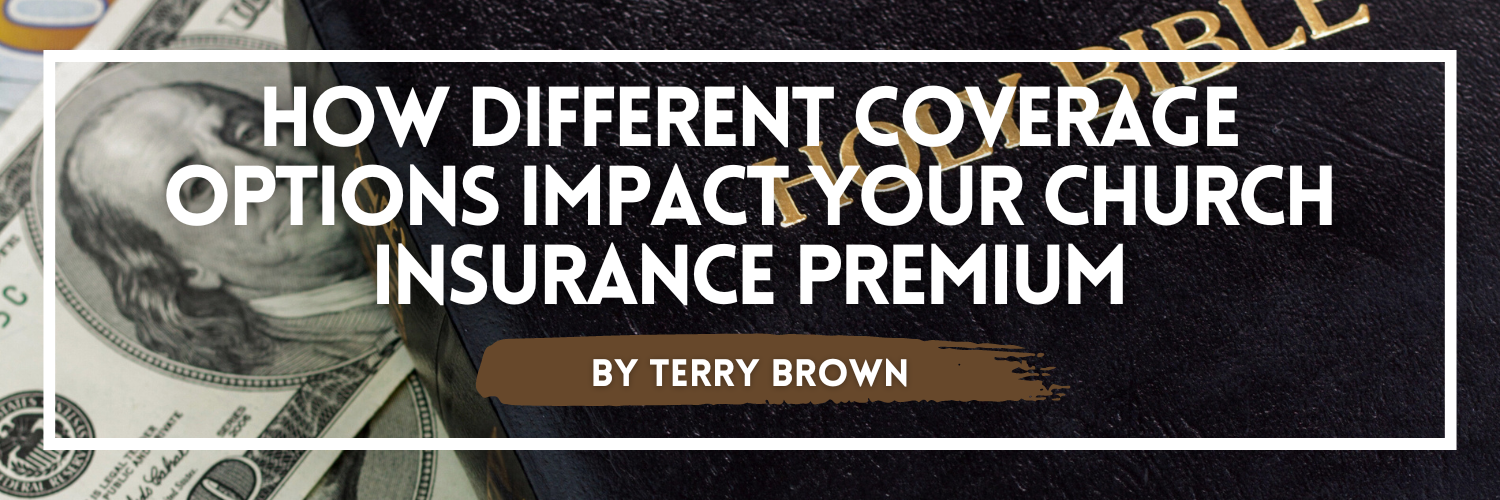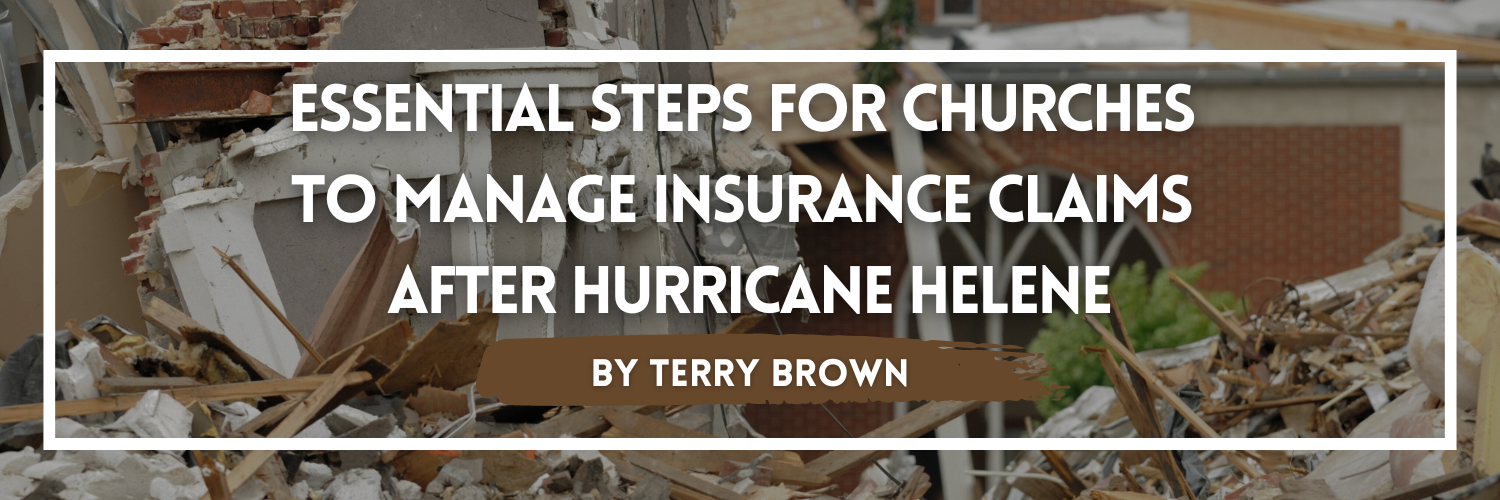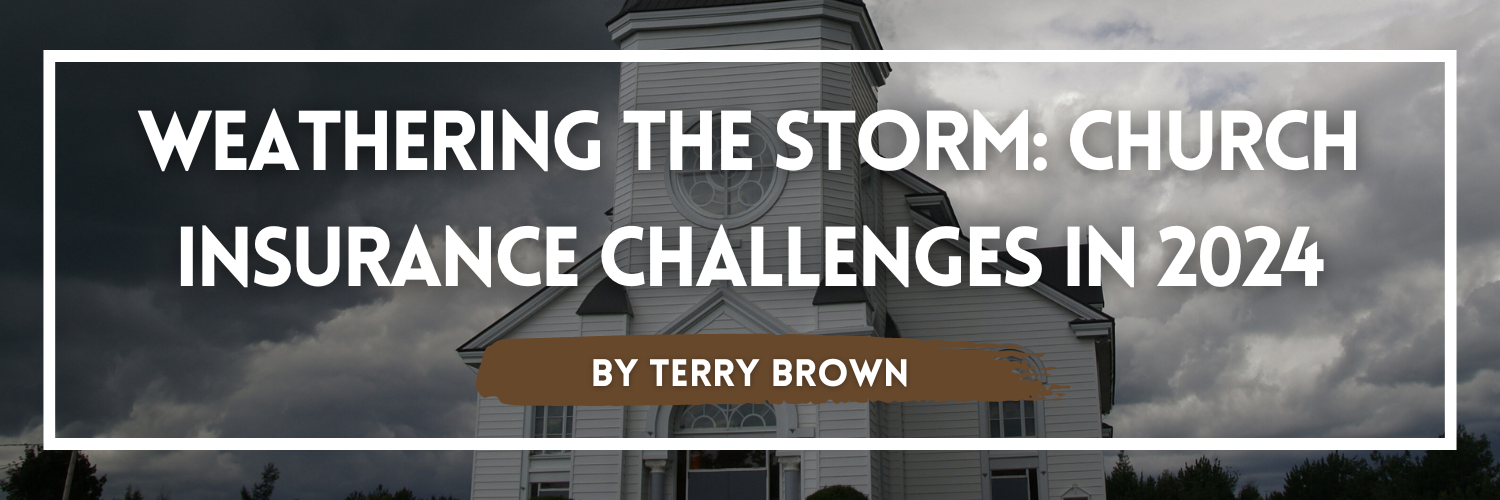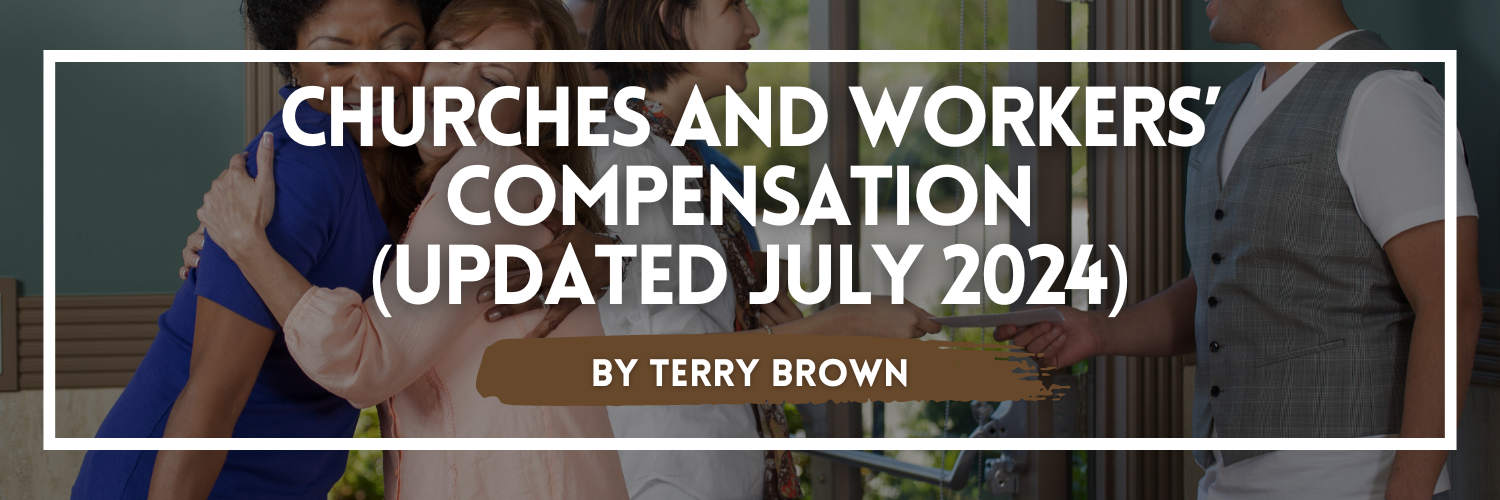When considering the cost of church insurance, it’s important to understand the different types of coverage available and how they contribute to the overall premium. In this comprehensive guide, we will explore various coverage options, their impact on insurance costs, and practical tips for optimizing your church’s insurance plan.
Key Points
- Churches often require higher coverage limits or specialized policies for unique items like stained glass windows and religious artifacts.
- Newly acquired property, off-premises items, and valuable papers/data protection can impact your premiums.
- Ordinance or law coverage, indirect loss provisions, and appurtenant buildings coverage are essential but can raise costs.
- Ensure comprehensive protection with general liability, spiritual counseling coverage, and crisis event insurance.
- Non-owned auto coverage and employment practices liability can tailor your policy but may increase premiums.
- Educators legal liability, sexual misconduct liability, and cyber liability are critical for churches with specific operational risks.
- Conduct regular risk assessments, bundle policies, increase deductibles, and implement safety programs to manage insurance costs effectively.
- Leverage the experience of seasoned agents like Terry Brown to ensure optimal coverage tailored to your church’s needs.
Property Coverage Designed for Churches
Standard and Unique Property Protections
Churches often have unique needs that standard property insurance must address. Coverage typically includes:
- Buildings: Protection for the main church building, annexes, and other structures.
- Furniture and Equipment: Coverage for pews, sound systems, musical instruments, and office equipment. This could include build out expenses in a long term lease.
- Valuable Items: Special protections for stained glass windows, religious artifacts, Torah’s and artwork.
These unique items can significantly influence the cost of property insurance, as they often require higher coverage limits or specialized policies.
Example Scenarios
- Historic Stained Glass Windows: A church with an extensive collection of historic stained glass windows may need a specialized rider to ensure these irreplaceable items are fully covered. This additional protection increases the premium but is crucial for safeguarding the church’s heritage. This is important if your church is designated an “Historical Building”.
- Antique Organ and Musical Instruments: A church housing a valuable antique organ and a collection of rare musical instruments must obtain specialized coverage to protect these assets. The high value and uniqueness of these items require higher coverage limits and may necessitate an appraisal, leading to an increased premium but providing essential protection.
- Modern Multimedia Equipment: A church that has invested in modern multimedia equipment, including high-end projectors, sound systems, and video recording devices, needs to ensure these items are fully covered. Given their high replacement costs, a specialized policy is required, which increases the premium but ensures the church can continue its operations without financial strain in case of damage or theft.
Extensive Coverage Options
Additional property coverage options that can affect insurance costs include:
- Newly Acquired Property: Ensures any new property acquisitions are immediately protected, impacting premiums based on the value of new assets.
- Off-Premises Items: Covers items temporarily off-site, such as equipment used in events or retreats, adding to the overall premium.
- Valuable Papers and Electronic Data: Protection for important documents and digital records, necessary for safeguarding church operations and often increasing costs.
Tips:
- Maintain an Updated Inventory: Regularly update your inventory of all property and new acquisitions to ensure they are covered, avoiding gaps in coverage that could be costly in the event of a loss. Send a copy of this inventory to me for safe keeping.
- Evaluate Storage Practices: For off-premises items, assess the security and storage conditions of the temporary locations to minimize risks and potentially lower premiums.
- Backup Important Documents: Regularly backup important documents and electronic data in secure, off-site locations or cloud storage to ensure they can be recovered in case of damage or theft.
- Review Coverage Limits Annually: Conduct an annual review of your coverage limits and adjust them as necessary to reflect any changes in property value or acquisitions, ensuring adequate protection without overpaying for coverage.
Special Provisions
Churches might need special provisions in their property insurance, which can also affect costs:
Ordinance or Law Coverage
Ordinance or Law Coverage addresses the costs associated with
rebuilding to current codes after a loss. This provision is essential for older buildings that may not meet modern building standards.
- Example Scenario: If your church, built in the 1950s, suffers significant damage, it might need to be rebuilt to comply with current electrical, plumbing, and structural codes. This can be a costly process, but ordinance or law coverage ensures these additional expenses are covered, preventing financial strain on your church.
Indirect Loss Provisions
Indirect Loss Provisions protect against extra expenses incurred while repairs are made. These provisions ensure that your church can continue operating smoothly despite the disruption caused by damage.
- Example Scenario: Suppose a fire damages the main sanctuary, making it unusable for several months. Indirect loss provisions could cover the costs of renting an alternate space for services, additional transportation costs, and even temporary office space for church staff. This ensures the church’s operations are not halted, maintaining continuity for the congregation.
Appurtenant Buildings
Appurtenant Buildings coverage includes protection for additional structures on church property, such as pump houses, storage buildings, and more.
- Example Scenario: Your church property includes a storage shed that houses maintenance equipment and seasonal decorations. If a storm damages this shed, appurtenant buildings coverage ensures the structure and its contents are covered. Without this coverage, the church would need to bear the replacement and repair costs out-of-pocket.
Broad Liability Limits
General Liability
Liability insurance is crucial for covering legal claims and typically includes:
- General Liability: Covers bodily injury and property damage occurring on church property or during church activities. Make sure it extends to off-premises activities such as Easter Sunrise Service at the lake or county park or gym night at the local YMCA.
- Spiritual Counseling: Provides protection for claims related to counseling services.
- Crisis Events: Covers incidents causing significant distress or disruption to the church community.
Higher liability limits generally result in higher premiums, but they are essential for comprehensive protection.
Additional Endorsements
Additional endorsements can be added to tailor liability coverage, affecting overall costs:
- Non-Owned and Hired Auto Coverage: Protects vehicles borrowed or rented by the church but not owned by it.
- Employment Practices Liability: Covers claims related to employment practices, such as wrongful termination or harassment.
Special Policies for Specialized Needs
Educators Legal Liability
For churches with educational programs, this coverage protects against claims related to educational activities, which can increase the overall premium due to the specialized nature of the coverage.
Sexual Misconduct and Counselors Liability
Essential for protecting the church against claims of sexual misconduct and negligence in counseling services, this specialized coverage is critical and can significantly affect insurance costs. Make sure legal costs are paid for even in fraudulent claims.
Comprehensive Specialty Policies
Specialty policies address specific risks unique to churches:
- Business Auto: Covers church-owned vehicles, impacting premiums based on the number and use of vehicles.
- Cyber Liability: Protects against data breaches and cyber threats, increasingly important with the rise of digital operations in churches.
- International Travel: Provides coverage for church members traveling abroad, affecting premiums based on the frequency and nature of travel activities.
Each type of coverage and endorsement adds a layer of protection, ensuring that the church is well-prepared for various risks while influencing the overall insurance premium.
Understanding Church Insurance Premium Factors
Coverage Levels and Policy Options
The level of coverage chosen directly impacts the premium. Higher coverage limits provide more protection but come at a higher cost. It’s essential to assess the value of your church’s property, the extent of its activities, and the potential risks to determine the appropriate coverage level.
Expert Insight:
Terry Brown, a seasoned church insurance agent with over 40 years of experience, emphasizes the importance of comprehensive risk assessment in determining the right coverage levels. “It’s not just about meeting minimum requirements; it’s about truly protecting your congregation and assets from unforeseen events.”
Premium Calculations and Rate Factors
Insurance providers calculate premiums based on several factors:
- Property Value: Higher-value properties require higher coverage limits, resulting in higher premiums.
- Risk Exposure: Churches with extensive activities, large congregations, or located in high-risk areas may face higher premiums due to increased risk exposure.
- Claims History: A history of frequent or severe claims can lead to higher premiums as insurers perceive a higher risk of future claims.
Practical Tips for Managing Church Insurance Costs
To manage and potentially reduce insurance costs, consider the following strategies:
- Conduct Regular Risk Assessments: Identify and mitigate potential risks to reduce the likelihood of claims.
- Bundle Policies: Combining multiple coverage types with the same insurer can lead to premium credits and lower premiums.
- Increase Deductibles: Opting for higher deductibles can lower premium costs, but ensure the church can cover the deductible amount in case of a claim.
- Implement Safety Programs: Investing in safety and security measures can reduce risk and lead to lower premiums.
Case Study:
A mid-sized church in a suburban area implemented a comprehensive safety program, including fire safety drills, regular equipment inspections, and cybersecurity measures. These proactive steps resulted in a 15% reduction in their insurance premiums.
Get a Free Church Insurance Quote Today
Navigating the complexities of church insurance can be challenging. For personalized advice and a comprehensive insurance plan tailored to your church’s needs, get a free church insurance quote from Terry Brown. Ensure your church is adequately protected without overpaying for coverage.
[Click here to get your free quote from Terry Brown]
By understanding the various coverage options and their impact on insurance premiums, you can make informed decisions that safeguard your church’s future while managing costs effectively.
Frequently Asked Questions
What is the most important factor in determining my church insurance premium?
The value of your property and the extent of your activities are the most significant factors. Higher-value properties and extensive activities typically result in higher premiums due to increased risk exposure.
How can I lower my church insurance premium?
You can lower your premium by conducting regular risk assessments, bundling multiple policies with the same insurer, opting for higher deductibles, and implementing comprehensive safety programs.
What types of property coverage should my church consider?
Your church should consider coverage for buildings, furniture and equipment, valuable items like stained glass windows, newly acquired property, off-premises items, and valuable papers and electronic data.
Why is liability insurance important for my church?
Liability insurance is crucial for covering legal claims related to bodily injury, property damage, spiritual counseling, and crisis events. It ensures your church is protected against significant financial loss.
What specialized insurance should my church consider?
Depending on your church’s operations, you might need educators legal liability, sexual misconduct liability, cyber liability, business auto coverage, and international travel insurance.
How does claims history affect my church insurance premium?
A history of frequent or severe claims can lead to higher premiums, as insurers perceive a higher risk of future claims. Maintaining a good claims history can help keep premiums lower.




